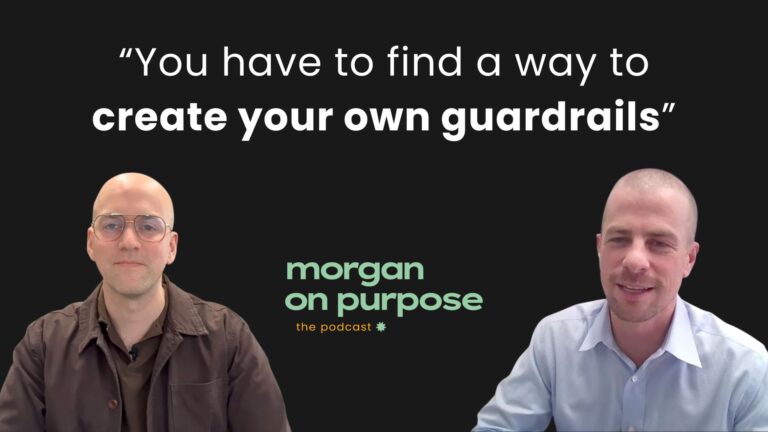I have some bad news for you. Your old sports coach? The one that told you never to say I can’t ____ ? Well, it turns out they were right.
(I know. I think it’s annoying, too.)
Most of the time, when I hear adults use the phrase I can’t, it’s not technically true—it’s just the most palatable way to tee up an issue. Here are some of the more common examples of the I can’t myth, plus what you can say instead.
I can’t afford it
When you get down to it, this is rarely a factual statement. In reality, you probably can afford a Bentley. You just might need to sell your house and rearrange your priorities to make it happen.
Ultimately, you probably don’t want to do that. But not wanting to do something is a completely different headspace than not being able to do something. It might seem subtle or even trivial, but saying I don’t want to prioritize a Bentley puts you in a better (empowered) headspace compared to I can’t afford a Bentley.
Next time you find yourself saying you can’t afford something, try asking, What would I need to change to afford this?
This simple reframing can completely change your attitude towards money. For instance, say you really want that Bentley but don’t want to sell your house. That doesn’t immediately mean the answer is no. There might be a creative solution to the problem. But you’re certainly not going to come up with that solution if you shut down the conversation with I can’t.
Of course, there may be times when you exhaust all of your ideas around budgeting, shifting assets, income, and more. You might realize that you truly can’t afford something. But even if that’s the case… try adding right now to the end of the statement. I can’t afford this right now.
How full is your cup?

Is the glass half empty or half full? Are you a pessimist or an optimist? Do you think about life in terms of scarcity or abundance?
There’s a thousand popular phrases to choose from, but they all lead to fairly universal truth: Perspective matters.
It matters so much that most of the statements and phrases I just wrote have become tired clichés. But that doesn’t mean they aren’t true. The opposite.
When you say you can’t have something, you’re creating a road block between you and that goal. So my question is: Why?
Why create a road block?
Instead, you can shift your time frame—put that goal further in the distance so you have more time to figure it out, or build a new road to help you get there. Or what if you picture that goal next to all of your other goals. Now, choose which road you want to take, or which destination you want to get to first.
At the end of the day, it’s not just positivity but agency that matters. Money shouldn’t be a thing that happens to you. Rather, you should be proactively managing your money and putting it to work for YOU. Money is a way for you to achieve your purpose. It’s a tool, not the end goal.
Test your mindset
This is where I’d normally end the article. You’d walk away feeling like you learned something (hopefully) but nine times out of 10, you’d also go back to thinking about money, goals, and challenges the exact same way.
To really help the lesson stick, you have to put the idea to work. So, here’s my parting question:
What’s a financial goal you’ve been putting off?
Choose something that feels out of reach. Now ask yourself: How can I make that happen?
The answer might be cutting back on spending… or depriving yourself of something you enjoy. But what if you take a step out of scarcity and ask what you can add or do to help you achieve that goal. In other words: How can you put yourself fully on the path toward achieving what you want?
And then: Can you continue making decisions to keep you on that path?
If you’ve stuck with me through this exercise and started thinking about how you can start—and then keep—prioritizing your goals, what you’ve actually done is figured out how to assign purpose to your finances.
You’re on your way to money with purpose.
Learn more about Money with Purpose by reading the full book.


